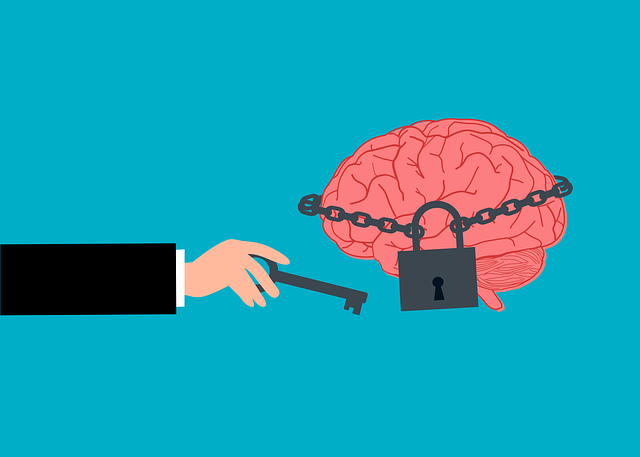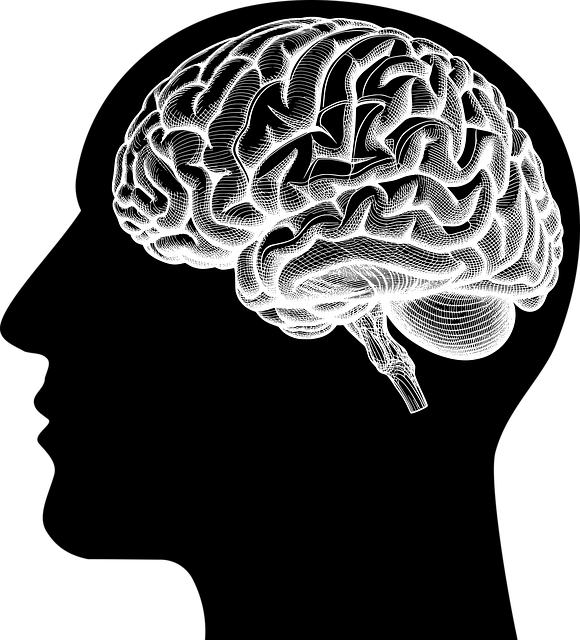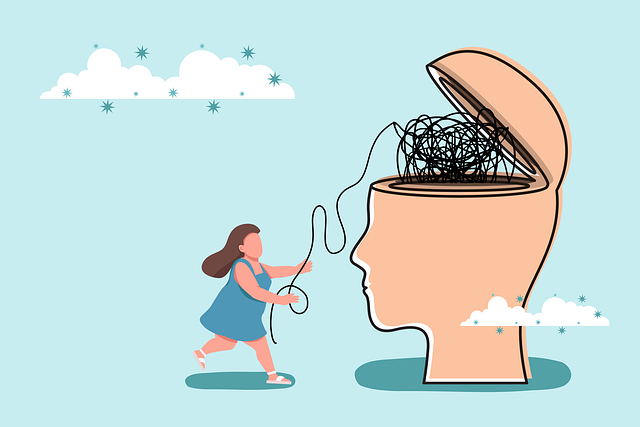Mood Adjustment Disorder (MAD) is a growing mental health concern among young adults, characterized by persistent mood disturbances lasting over two years. Often overlooked due to its subtle onset, MAD significantly impacts relationships, academics, and overall well-being. Cognitive Behavioral Therapy (CBT), combined with community outreach programs sensitive to cultural diversity, proves effective for treatment. Mindfulness meditation and social skills training further enhance recovery. Early intervention through mental health policy advocacy ensures long-term management resources, empowering young adults to manage MAD and promote mental wellness using both traditional therapy and holistic practices like therapy for young adults adjustment disorder.
Mood regulation strategies are crucial for young adults dealing with Adjustment Disorder. This article explores comprehensive approaches to managing emotional well-being, focusing on Cognitive Behavioral Therapy (CBT), mindfulness techniques, and supportive environments. We delve into how CBT helps identify and alter negative thought patterns, while alternative methods like meditation foster resilience. Additionally, we examine the significance of building a supportive network for effective mood management in young adults with Adjustment Disorder.
- Understanding Mood Adjustment Disorder in Young Adults
- Cognitive Behavioral Therapy: A Powerful Tool for Mood Regulation
- Alternative Approaches: Mindfulness, Meditation and More
- Building a Supportive Environment for Effective Mood Management
Understanding Mood Adjustment Disorder in Young Adults

Mood Adjustment Disorder (MAD) is a significant mental health concern among young adults, characterized by persistent and severe mood disturbances that significantly impact daily functioning. This disorder often manifests as extreme irritability, anger, or sadness, which can last for extended periods, typically lasting at least two years. Unlike depression or bipolar disorder, MAD isn’t always recognized due to its subtle onset and variable symptoms. Young adults might experience episodes of intense emotional distress, leading to challenges in relationships, academic performance, and overall well-being.
The impact of MAD on this age group is particularly concerning as it can disrupt their transition into adulthood. Effective therapy for young adults with adjustment disorder often involves cognitive-behavioral therapy (CBT), which helps individuals identify and modify negative thought patterns and behaviors. Additionally, integrating community outreach program implementation and cultural sensitivity in mental healthcare practice has shown promise in enhancing accessibility and quality of care. Mental Health Policy Analysis and Advocacy also play a crucial role in ensuring resources are available for early intervention and long-term management.
Cognitive Behavioral Therapy: A Powerful Tool for Mood Regulation

Cognitive Behavioral Therapy (CBT) is a highly effective and evidence-based approach to mood regulation, particularly tailored for young adults grappling with Adjustment Disorder. This form of therapy helps individuals identify and challenge negative thought patterns, replacing them with more realistic and positive ones. By learning coping skills development techniques, CBT equips young adults with the tools to manage their emotions effectively, thereby reducing symptoms of anxiety relief and promoting overall mental well-being.
Through CBT, patients are encouraged to develop a deeper understanding of their thoughts, feelings, and behaviors. This self-awareness allows them to recognize triggers for emotional distress and implement strategies for positive thinking. As a result, CBT not only helps in the short term but also empowers individuals to maintain long-term mental health, fostering resilience against mood disorders.
Alternative Approaches: Mindfulness, Meditation and More

In addition to traditional talk therapy for young adults with Adjustment Disorder, alternative approaches like mindfulness and meditation offer powerful tools for mood regulation. These practices encourage individuals to focus on the present moment, cultivating awareness of their thoughts, emotions, and bodily sensations without judgment. By developing this awareness, young adults can gain greater insight into their triggers and learn to respond rather than react to challenging situations, thereby improving emotional resilience.
Mindfulness and meditation are supported by a growing body of research in mental health policy analysis and advocacy, demonstrating their efficacy in boosting confidence and building empathy. Engaging in these practices regularly can help individuals cultivate a sense of calm and clarity, enhance their ability to cope with stress, and promote overall well-being. This is particularly beneficial for young adults navigating the complexities of adjustment disorders, fostering skills that extend beyond therapy and support long-term mental health maintenance.
Building a Supportive Environment for Effective Mood Management

Creating a supportive environment is a key strategy for young adults dealing with Adjustment Disorder and seeking effective mood management. This involves cultivating a space that nurtures mental wellness, encourages healthy coping mechanisms, and promotes overall balance. Professional therapy, such as cognitive-behavioral therapy (CBT), can play a pivotal role in this process by teaching individuals valuable skills to navigate their emotions. CBT often includes elements of social skills training, which equips young adults with the tools to interact positively with others, fostering a sense of belonging and reducing feelings of isolation.
Additionally, integrating mindfulness meditation into daily routines can significantly enhance mood regulation. Mental wellness coaching programs designed around mindfulness practices help individuals become more aware of their thoughts and emotions without judgment. This increased self-awareness enables better recognition of triggers, allowing for swift and effective responses to maintain emotional stability. By combining therapy, social support, and mindfulness techniques, young adults can develop robust strategies for managing their moods and promoting overall mental wellness.
Mood regulation strategies are essential for young adults dealing with Adjustment Disorder. By understanding the condition and leveraging powerful tools like Cognitive Behavioral Therapy, individuals can effectively manage their moods. Alternative approaches such as mindfulness and meditation offer additional support, while building a supportive environment further enhances effective mood management. With the right combination of these strategies, young adults can lead fulfilling lives despite challenges, emphasizing the importance of early intervention and professional guidance in the form of therapy for Young Adults Adjustment Disorder.










